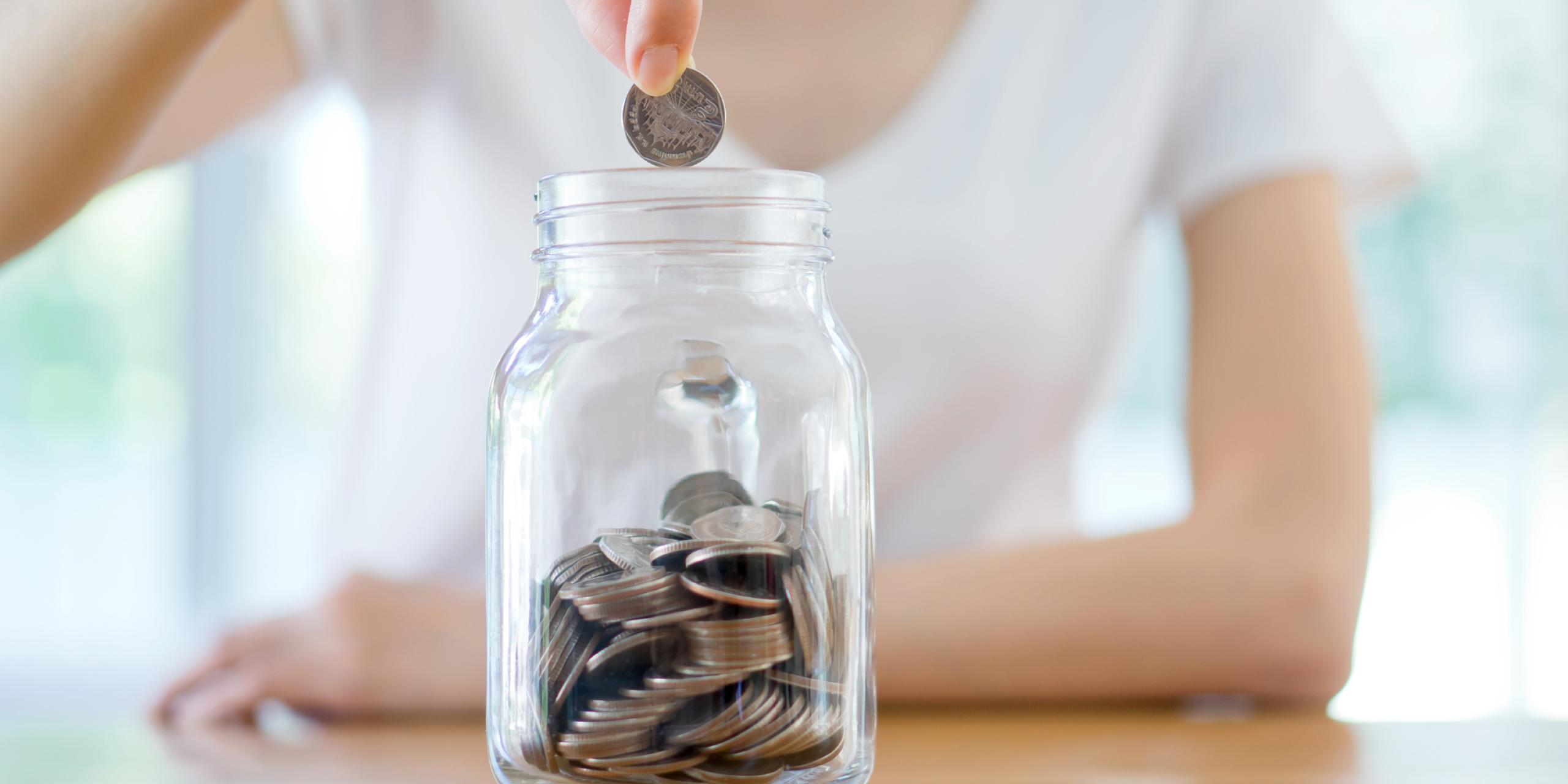
Pushing to close the economic gender gap: 268 years to go?
There are 195 countries in this world, and not one has achieved financial gender equality. According to the World Economic Forum, it will take 268 years to close the economic gender gap worldwide. This means that none of us – nor our children – will ever get to live in a world with gender parity. So, what can be done to speed up the process, and what players are currently out there fighting to do so?
“Our goal is to close the financial gender gap by educating women on investing and personal finance,” the founder of Female Invest, Anna-Sophie Hartvigsen, told Vogue Magazine UK in 2020.
In this article, Vogue wrote that the Danish organization Female Invest is “considered to be Northern Europe’s largest financial educator targeting women and has helped 25.000 women in over 30 countries” – giving them the tools needed to make good investments, through educational events, e-learning, and strategic partnerships. Female Invest launched in 2019 with the ambition to make investing more transparent, fun, and, since the financial industry has traditionally been dominated by men, they wanted to make it more gender equal. They were given a warm welcome, and since their launch, they have educated more than 40.000 women across 50+ countries on how to invest their money. The three founders have even made it to the 2020 ‘Forbes 30 Under 30’ list, and Female Invest now has paying users from 67 different countries – because, as they say, investing is for everyone.
In 2021, the World Economic Forum named Norway the third most gender-equal country in the world. Still, men have 76.7% of the total capital wealth in the country.
With great power …
In 2021, the World Economic Forum named Norway the third most gender-equal country in the world (following Iceland and Finland), as they had closed almost 85% of their overall gap. Still, men have 76.7% of the total capital wealth. And in the capital, Oslo, men hold NOK 10.18 billion in shares, while women hold just NOK 4 billion. Perhaps for that reason, the world’s largest sovereign fund, Norway’s Bank Investment Management (NBIM), today wields its power to push the companies it invests in to put more women on their boards.
NBIM previously told CNBC – the world leader in business news and real-time financial market coverage – that there are many benefits tied to a high level of diversity in boards. Different perspectives are just one of them, they argued. DNB – Norway’s largest financial services group – recognizes the strength of gender diversity, as they told Fortune Magazine that their goal is “to have at least 40% of the bank’s top four layers of management held by women”. A goal in line with UN Sustainable Development Goal #5: to achieve gender equality and empower all women and girls.
Since the #GirlsInvest campaign, by DNB, launched in 2019, the number of Norwegian female investors has increased by 160%, and in the wake of that, DNB even became the world’s most gender-diverse corporation. That’s locally, but the #GirlsInvest campaign also trended worldwide, inspiring women all over the planet to take control of their own economy.

The “most” equal
In 2021, Global Citizen, an action platform powered by a community of millions of global citizens, argued that Norway, Finland, Iceland, Denmark, and Luxembourg are the top five best countries to be a woman. And in 2021, four out of five top countries on the World Economic Forum’s Global Gender Gap Index were Nordic. Although, there is still a long way to go - also in the Nordics. But let’s not let 268 years go by before we close the economic gender gap.
A little more info:
-
Global Gender Gap Report 2021 by World Economic Forum
-
World’s largest sovereign wealth fund piles pressure on firms to put more women on boards by CNBC
-
Diversity drives profits, but it is still lacking in the board room by CNBC
-
More information about DNB by DNB
-
Female Invest Raises $4.5 Million To Empower Women To Invest by Forbes
-
Gender and economic rights by GSDRC
-
More information about Female Invest by Female Invest
-
Gender Equality: How Norway Measures Up by Life in Norway
-
The 10 Best and Worst Countries to Be a Woman in 2021 by Global Citizen